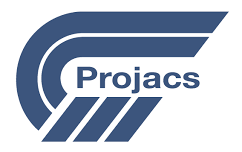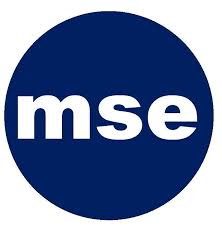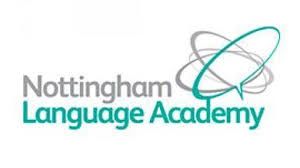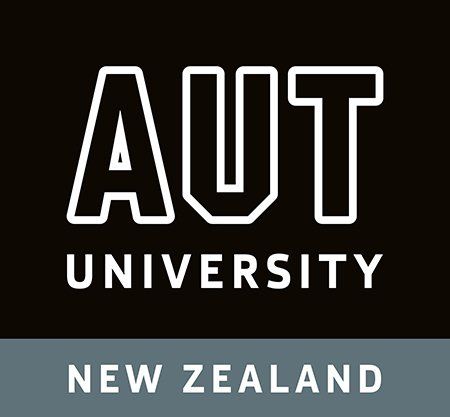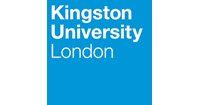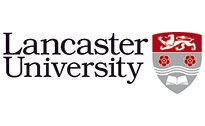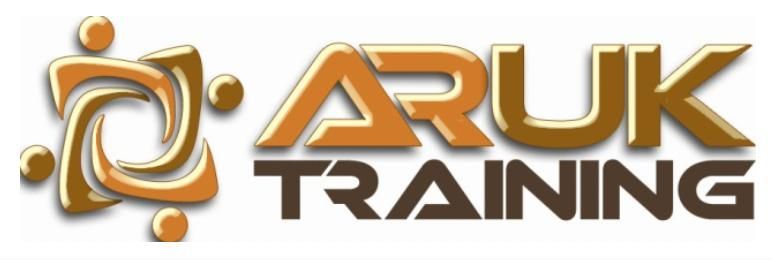
The Role of Auditing in Detecting Financial Violations
Course ID: 2507210101138EGI
Course Dates : 21/07/25 Course Duration : 5 Studying Day/s Course Location: London, UK
Language: Bilingual
Course Category: Professional and CPD Training Programs
Course Subcategories: Finance and Accounting Mastery
Course Certified By: * Projacs Academy
* Professional Training and CPD Programs
Certification Will Be Issued From :
KSA
Course Fees: £4,838.34
Vat Not Included in the price. VAT may vary depending on the country where the course or workshop is held.
Click to Pay
Date has passed please contact us Sales@e-s-hub.com
Course Information
Introduction
Auditing has long been regarded as a cornerstone of financial integrity, serving as both a safeguard and a diagnostic tool within organizations. In an era where regulatory scrutiny is intensifying and public trust in corporate governance is increasingly fragile, the role of auditing in detecting financial violations has never been more critical. For professionals tasked with ensuring compliance, transparency, and accountability, understanding the intricacies of auditing processes is not merely advantageous—it is indispensable. This course delves into the multifaceted dimensions of auditing, equipping participants with the skills to identify irregularities, mitigate risks, and uphold ethical standards.
The global financial landscape is rife with examples of lapses that have led to catastrophic consequences. Consider the Enron scandal, where systemic fraud went undetected until it unraveled, causing billions in losses and eroding investor confidence. Such incidents underscore the gaps in traditional auditing practices and highlight the need for advanced methodologies and heightened vigilance. By addressing these challenges, this course bridges the divide between theoretical knowledge and practical application, empowering auditors to anticipate vulnerabilities and respond proactively.
Despite advancements in technology and regulatory frameworks, financial violations persist, often exploiting weaknesses in oversight mechanisms. A key challenge lies in the evolving nature of fraud, which adapts to new environments and tools. For instance, the rise of cryptocurrency transactions has introduced novel complexities in tracking and verifying financial activities. This course addresses these emerging trends by integrating cutting-edge techniques with established auditing principles, enabling participants to navigate the dynamic interplay between innovation and compliance.
Mastering the content of this course offers tangible benefits for both individuals and organizations. For professionals, it enhances career prospects by equipping them with sought-after expertise in forensic auditing and risk management. Organizations, on the other hand, gain a competitive edge through improved governance structures and reduced exposure to legal and reputational risks. Drawing on frameworks such as COSO (Committee of Sponsoring Organizations of the Treadway Commission) and ISO 37001 (Anti-Bribery Management Systems), the course aligns with industry best practices, ensuring relevance and applicability.
Real-world case studies further illuminate the practical implications of effective auditing. For example, the Volkswagen emissions scandal revealed how internal audits could have flagged discrepancies in emissions reporting, potentially averting significant financial and reputational damage. Similarly, the Wells Fargo fake accounts scandal demonstrated the importance of robust internal controls and ethical oversight. These examples serve as powerful reminders of the pivotal role auditors play in maintaining organizational integrity and fostering stakeholder trust.
Ultimately, this course transcends conventional auditing training by emphasizing strategic thinking, analytical rigor, and ethical decision-making. Participants will emerge not only as skilled practitioners but also as catalysts for change within their organizations. By fostering a culture of transparency and accountability, they contribute to a broader movement toward sustainable and responsible business practices. Whether you are an aspiring auditor or a seasoned professional seeking to refine your expertise, this course offers a transformative learning experience designed to meet the demands of a rapidly evolving field.
Objectives
By attending this course, participants will be able to:
Analyze the fundamental principles of auditing and their application in detecting financial irregularities.
Evaluate the effectiveness of internal control systems in mitigating risks of financial violations.
Design audit plans tailored to specific organizational contexts, incorporating both traditional and digital tools.
Implement forensic auditing techniques to identify and investigate potential cases of fraud.
Apply international standards and regulatory requirements to ensure compliance in auditing practices.
Assess the impact of emerging technologies, such as blockchain and AI, on auditing methodologies.
Synthesize findings from audit reports to propose actionable recommendations for improving financial governance.
Who Should Attend?
This course is ideal for:
Internal and external auditors seeking to enhance their expertise in fraud detection and compliance.
Finance managers and controllers responsible for overseeing organizational financial health.
Risk management professionals aiming to integrate auditing into broader risk mitigation strategies.
Legal and compliance officers tasked with ensuring adherence to regulatory frameworks.
These groups will find the course invaluable as it addresses the growing demand for specialized auditing skills in an increasingly complex financial environment. While prior knowledge of basic auditing concepts is beneficial, the course is structured to accommodate intermediate learners, providing both foundational insights and advanced applications.
Training Method
• Pre-assessment
• Live group instruction
• Use of real-world examples, case studies and exercises
• Interactive participation and discussion
• Power point presentation, LCD and flip chart
• Group activities and tests
• Each participant receives a 7” Tablet containing a copy of the presentation, slides and handouts
• Post-assessment
Program Support
This program is supported by:
* Interactive discussions
* Role-play
* Case studies and highlight the techniques available to the participants.
Daily Agenda
The course agenda will be as follows:
• Technical Session 08.30-10.00 am
• Coffee Break 10.00-10.15 am
• Technical Session 10.15-12.15 noon
• Coffee Break 12.15-12.45 pm
• Technical Session 12.45-02.30 pm
• Course Ends 02.30 pm
Course Outlines
Foundations of Auditing and Fraud Detection
Overview of auditing principles and their role in financial governance.
Key frameworks: COSO, ISO 37001, and IIA Standards.
Types of financial violations and common red flags.
Case study: Lessons from the Enron scandal.
Day 2:
Internal Controls and Risk Assessment
Designing effective internal control systems.
Identifying and assessing financial risks.
Tools and techniques for risk mitigation.
Workshop: Evaluating a sample organization’s control framework.
Day 3:
Forensic Auditing and Investigative Techniques
Introduction to forensic auditing methodologies.
Data analysis tools for detecting anomalies.
Interviewing techniques and evidence collection.
Case study: Uncovering fraud in a multinational corporation.
Day 4:
Compliance and Regulatory Requirements
Navigating international auditing standards (ISA).
Anti-money laundering (AML) regulations and their implications.
Ethical considerations in auditing practices.
Group activity: Drafting a compliance checklist.
Day 5:
Emerging Trends and Future Directions
The impact of blockchain and AI on auditing.
Auditing in the age of cryptocurrency and digital assets.
Building a culture of transparency and accountability.
Final assessment and feedback session.







